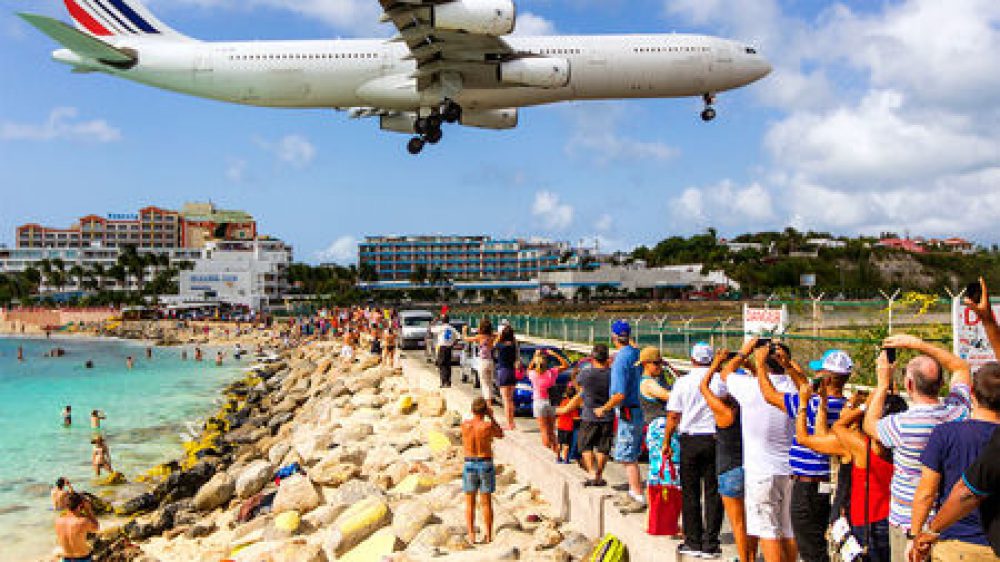Recently I published a paper on “Decarbonising tourism: Mission impossible?” in the journal Tourism Recreation Research. This article provides a brief synopsis of the key arguments made in the paper.
Most tourism industry conferences and press releases start by highlighting the importance of tourism as an economic sector: 1 in 10 jobs; one of the largest contributors to Gross Domestic Product; over 1.3 billion international travellers, and so forth. One might think that the indisputable magnitude of the sector would make such statements redundant, as tourism growth and its pervasiveness speak for themselves. For me personally, highlighting the ‘muscle’ of tourism then has some connotations of defensiveness. Is the sector afraid of not being taken seriously, or is it that tourism representatives are trying to ‘frontload’ counter point to potential arguments about tourism’s negative impacts and the downsides that its success brings.
One of the most existential – both in terms of planetary impacts but also to the long-term viability of the sector – is climate change (see Lenzen et al., 2018 for the latest estimate of tourism’s carbon footprint). The tourism industry collectively seeks to portray itself as being proactive in embracing climate action, but it is unclear whether the sector is doing enough to decarbonise to the extent agreed on in the Paris Agreement? Indeed, my paper argues that it currently fails to make substantial changes, and I have identified six main reasons for this. Taking an approach of a constructive critique, I seek to disentangle what surely represents a ‘wicked’ problem – one which solution is nothing short of a paradigm change, transformation and all the other buzz words that are used to indicate that business-as-usual simply won’t work.
The six key challenges that I explore each constitute a major hurdle to rapid and substantial progress in decarbonisation, and collectively they almost present a ‘mission impossible’. There are solutions though and the beginnings of shifts are becoming evident. The six challenges are:
- Tourism’s embeddedness in the prevailing growth paradigm,
- The institutionalisation of interests,
- The nature of policy making,
- The inadequacy of incremental improvements,
- The focus on technological efficiency instead of (behavioural) conservation, and
- The global distribution of tourism.
- The paper concludes by suggesting that only systemic changes at a large scale will be sufficient to break or disrupt existing arrangements and routines. In line with the fundamental principles of capitalism, where wealth concentrates in the hands of relatively few, one hurdle is that current holders of power and influence have limited interest in investing into alternative approaches. Institutionalised interests are being challenged by new business models (e.g. B-Corp), new types of data (e.g. see Global Sustainable Tourism Dashboard, 2018), different accounting frameworks for tourism impacts (e.g. UNWTO, 2017) or well-being more generally, or newly defined performance measures for managers.
Status quo and neoliberal approaches also manifest in incrementalism and a focus on technological solutions (techno-belief), but more radical changes, including service innovation and behavioural change are lacking. Changing behaviours could affect the geography of travel, with a potential contraction of long-haul travel and a re-evaluation of essential versus non-essential travel. These changes may not necessarily lead to a loss in well-being and prosperity for tourism destinations.
Prof Susanne Becken
